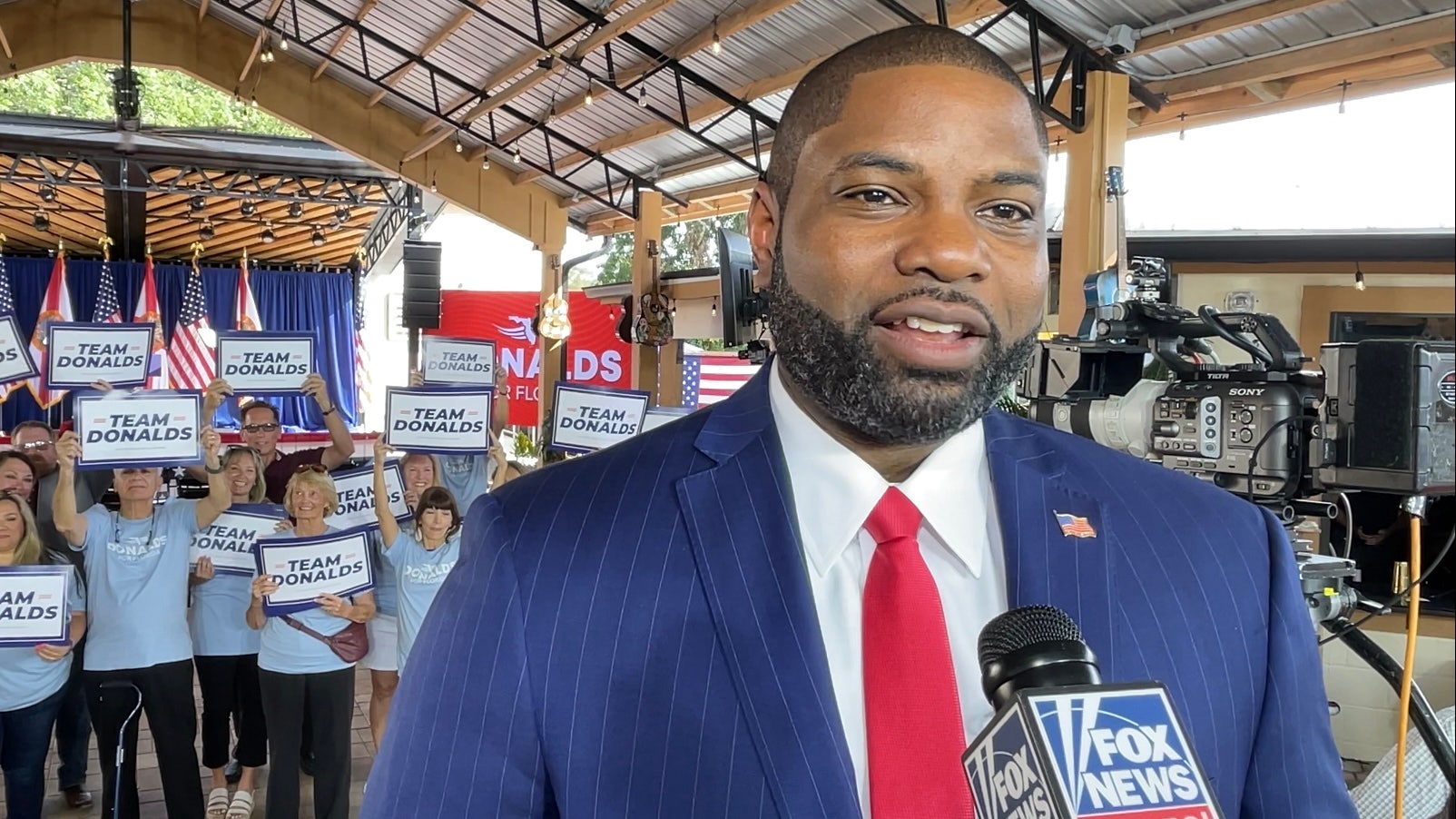Brazil faces a critical economic challenge as its investment rate remains one of the lowest globally, threatening long-term growth prospects.
According to data from the Fundação Instituto de Pesquisas Econômicas (Fipe), Brazil’s gross fixed capital formation (FBCF) reached only 16.4% of GDP in 2023, far below the global average of 26%.
This measure, which tracks investments in machinery, equipment, construction, and innovation, highlights Brazil’s struggle to compete with regional peers like Latin America and the Caribbean (19.1%) and developed economies such as the European Union (22.1%) and OECD countries (22.4%).
Historical trends reveal a steady decline in Brazil’s investment levels. Between 1970 and 2022, the country averaged an FBCF rate of 20.6%, but this dropped to 17.8% between 2003 and 2023.
Even with a slight increase to 17% in 2024, Brazil ranked 124th out of 143 countries for investment rates, underscoring its inability to keep pace with emerging economies like China and India.
 Investment Crisis: Brazil Falls Behind Global and Regional Peers. (Photo Internet reproduction)
Investment Crisis: Brazil Falls Behind Global and Regional Peers. (Photo Internet reproduction)Low domestic savings compound this issue. In 2023, Brazil’s gross savings rate stood at just 15% of GDP, compared to an average of 25.9% among other nations analyzed. This placed Brazil at the 95th position out of 120 countries.
Brazil’s Economic Challenges
Over time, the savings rate has deteriorated further, falling from an average of 20.1% between 1975 and 1995 to just 15.7% between 1996 and 2023. By 2024, savings hit a five-year low of 14.5%, reflecting structural weaknesses in fiscal policy and economic management.
Brazil’s fiscal deficit exacerbates these challenges. The nominal deficit reached 8.05% of GDP in January 2025, equivalent to R$956 billion. High public spending on social security and personnel absorbs private savings and limits funds for productive investments.
Economic consequences are severe. Limited investments restrict production capacity, fueling inflationary pressures when demand rises. Inflation reached 5.06% in February 2023, exceeding the central bank’s target range.
To combat inflation, interest rates increased from 10.5% to a steep annual rate of 14.25%, further discouraging borrowing and investment. Experts argue that fiscal reforms are essential to address these issues.
Reducing deficits, reforming pensions, and encouraging private savings could unlock Brazil’s growth potential. Without decisive action, Brazil risks prolonged economic stagnation and diminished competitiveness on the global stage.

 By The Rio Times | Created at 2025-04-02 10:29:23 | Updated at 2025-04-03 10:50:25
1 day ago
By The Rio Times | Created at 2025-04-02 10:29:23 | Updated at 2025-04-03 10:50:25
1 day ago







